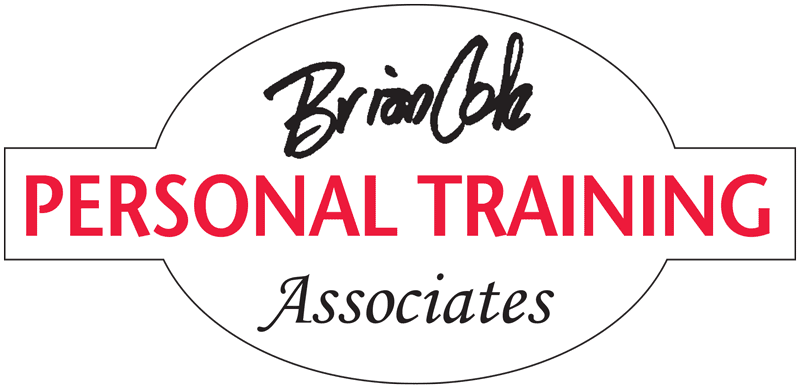Once upon a time, while preparing to lecture my teenage son, I asked him if he even knew what “discipline” was. He thought for a moment and answered: “Yeah. That’s something you do yourself or it gets done to you.” Clearly not in a desperate need for Dad’s advice, he didn’t get the planned lecture.
Self Discipline
It is necessary in so many areas of our lives. For this column the focus is on our health and we teach it as equal parts:
Self Denial — Self Motivation
Each of us is a bit stronger in one area than the other. And effort in our stronger area can lift our weaker one.
Some of us relate to self-discipline as denying certain foods or activities and don’t really think of it as “doing” something. Some of us naturally see action as a by-product of self-motivation with discipline. Adding activity and/or committing to an exercise program takes discipline. Denying certain foods and drinks also takes discipline.
Now what’s the purpose of all this discipline?
Improvement
With improvement as our goal we’ll always have incentive, and a distance to go. And the top priority is our health, because without it we’re not all we can be for ourselves or for those around us.
About those around us—if we’re working to nurture relationships that comfort and inspire, it seems there’ll always be opportunity to improve.
Whether we get our moral/ethical values from secular trial and error, from a spiritual source, or from a deep religious conviction, we all have room for improvement and it’ll almost certainly require discipline.
And if we’re fortunate as we improve, we’ll find meaningful work.
My work, and the work of the trainers who work with me, is first about health, our client’s and ours. It cultivates symbiotic relationships with people we meet and grow to genuinely care about. In this world of so much posturing and conflict, we’re trying to help people live, move, and feel better (as I’ve said before this is about more than big biceps).
So, to improve: seek obstacles and challenges, not comfort zones. Don’t be afraid of reaching, of trying, even of failing. In our training, we encourage working to failure (if you only do what you already can, why should you grow and develop?). The improvement begins immediately and is always worth the effort.

